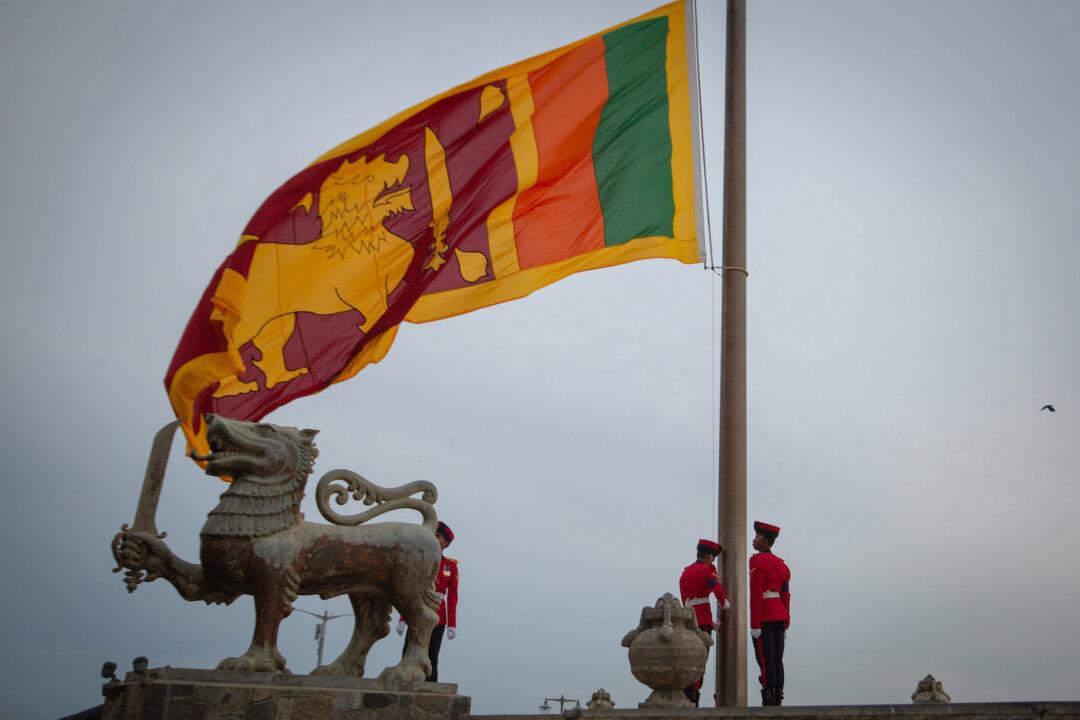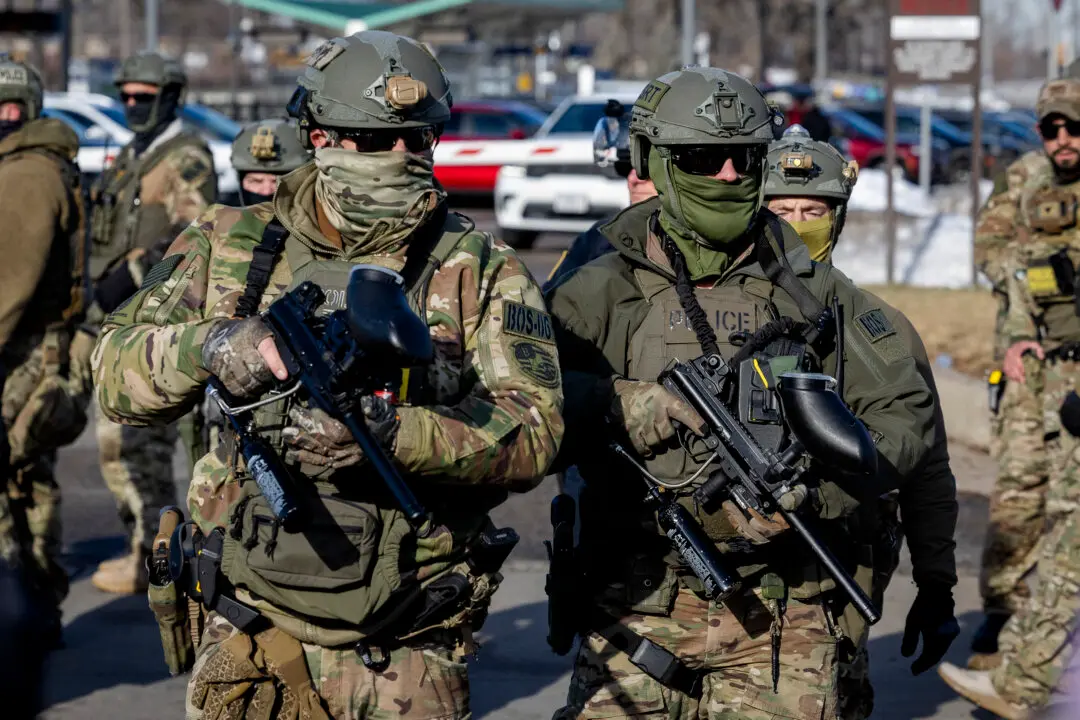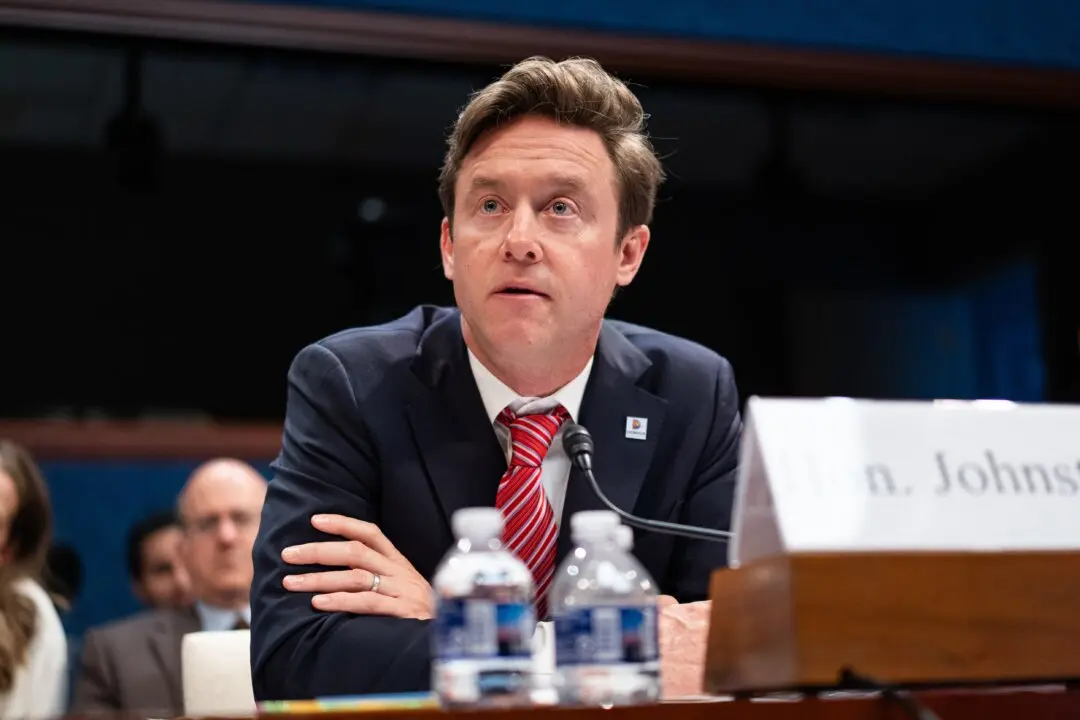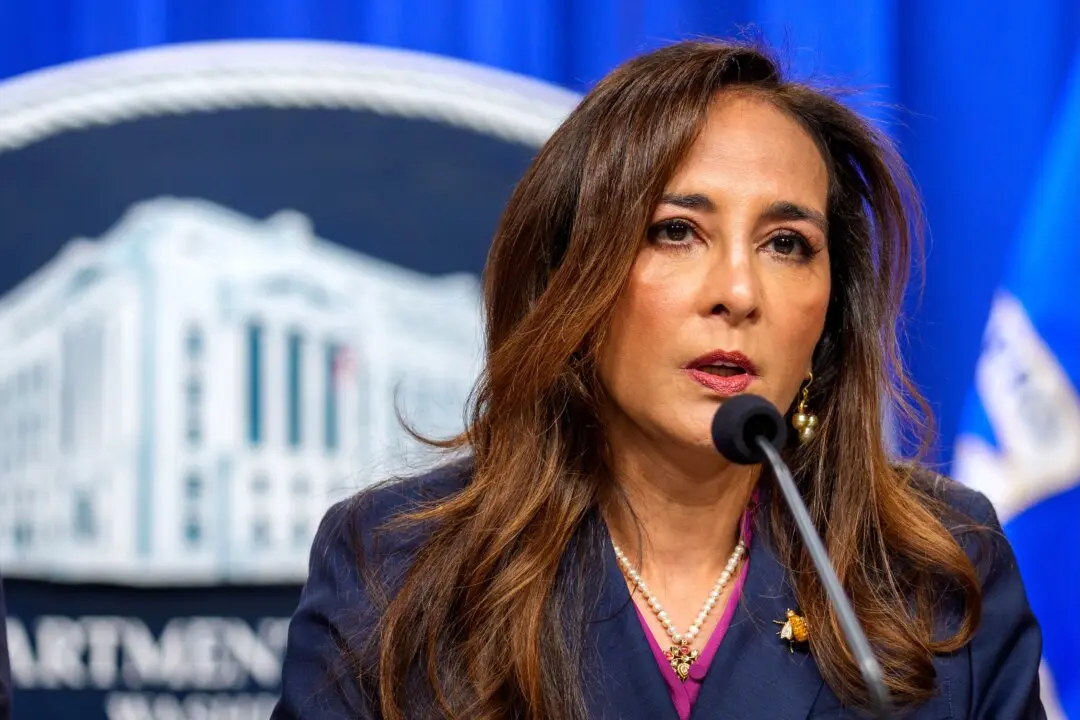Sri Lanka’s parliament approved a constitutional amendment on Oct. 21 that will limit the president’s authority, in a move to restore political stability amid the nation’s worst economic crisis in decades.
The bill was passed with a two-thirds majority in parliament, with 179 lawmakers voting in favor, one voting against it, and 45 others absent. The government said it seeks to preserve judicial and public sector independence.





